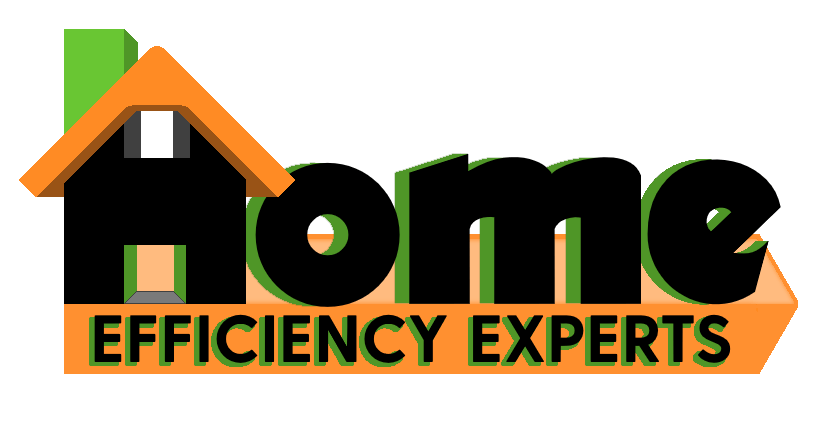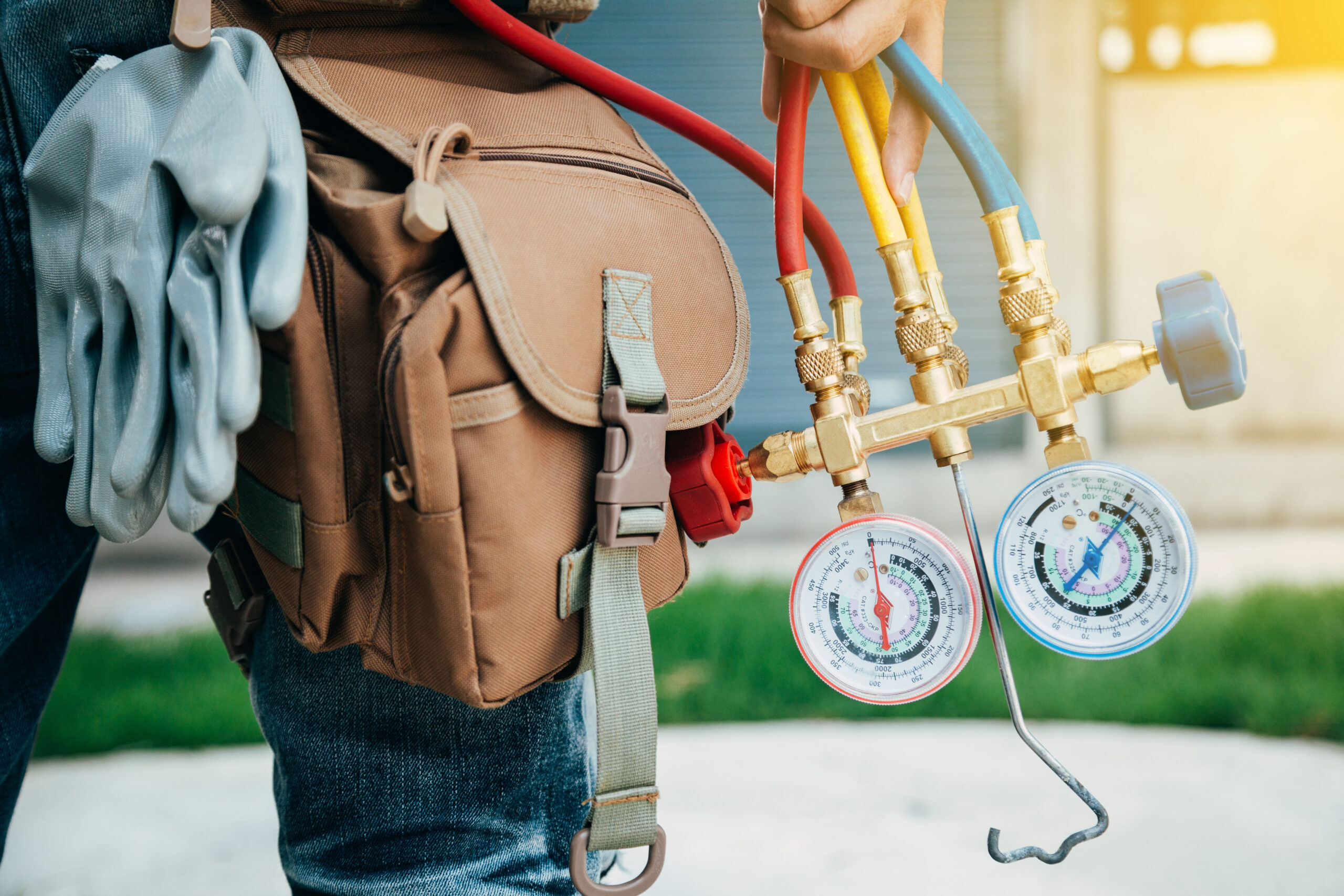What’s the best time of year to upgrade to a new heating or cooling system? The short answer is easy: before you’re stranded without heat or air conditioning! If you’re struggling with rooms that are uncomfortable or an HVAC system that never seems to stop running, you have the symptoms of a system that could be on the verge of a breakdown and needs replacement.
Upgrading your aging or inefficient unit can make your home more comfortable, healthier, and more affordable to heat and cool. The best time to replace an HVAC system is during the off-season—keep reading to learn why.
Should I Replace My HVAC in the Summer or Fall?
Fall is the perfect time to install a new furnace, heat pump, or ductless mini splits for two main reasons:
- During peak season (summer and winter), heating and cooling companies are often booked solid handling HVAC emergencies. By scheduling HVAC replacement near you in the off-season with a quality local contractor, you can ensure you aren’t waiting around for your new high-efficiency unit to be installed.
- Fall temperatures on Long Island are usually cool enough that AC isn’t a necessity but it’s not yet time to kick on the heating system. Though replacing your HVAC system doesn’t take a long time, scheduling during more moderate weather means less risk that you’ll be without an HVAC system when you most need it.
Autumn is the season for pumpkin lattes, getting ready for winter, and scheduling your HVAC upgrade to fit your schedule. Home Efficiency Experts are one of the top whole home experts in Long Island’s Suffolk County and Nassau County, NY. We’re here to help.
What Else Can I Do to Make My Home More Energy-Efficient?
Everyone wants to spend less on energy. A new HVAC system will be more energy efficient, but if your building still leaks air or doesn’t have enough insulation, you won’t be getting the most out of your new high-efficiency system. There’s a simple fix – sealing up and adding insulation to your building envelope.
Your building envelope is the physical separation between your conditioned and unconditioned environment. Think of it as a bubble keeping the warmth in during the winter. The bubble runs through your outside walls and whatever the top layer of insulation is (either the attic roof or the second floor between the joists if the attic isn’t insulated.) The bubble is completed with the insulation of your ground floor or basement.
By air sealing leaks with expanding foam and adding insulation to your building envelope, you make it harder for heat to leak out in the winter or cool air to escape in the summer. The stronger your building envelope, the more energy efficient your home is, and the less you’ll spend on heating and cooling.
Schedule a Free Home Energy Audit Near You
If you’re not sure how energy efficient your HVAC system and building envelope are, or whether you could benefit from a home upgrade, don’t worry. Home Efficiency Experts can perform a free home energy audit and see where you’re losing the most energy. As Long Island’s whole home experts, we can help you get the most out of your new HVAC system. And make sure you stay cozy this coming winter.

